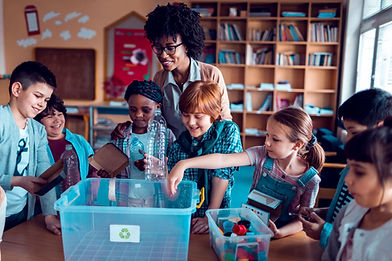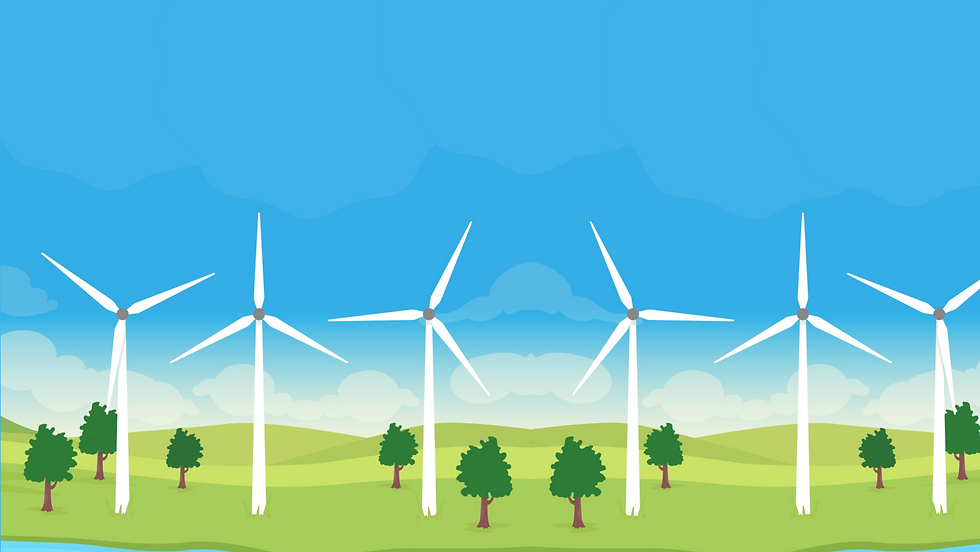This is Greenewable
Waste holds untapped potential, which leads to excellent possibilities and positive opportunities. It is necessary to shift our perspective in how we view waste and existing consumption patterns to unlock these potentials. Thus, Greenewable highlighted six factors that contribute to the tagline, "Waste is Wealth"!

1. Biogas
Are you aware that leftover food is a valuable resource? It's used to make organic fertilizer and generate sustainable energy! Food waste, as well as yard and domestic sewage, can be converted into biogas and composting systems, which are low-cost and low-tech processes.
2. Proper waste management paves way for employment
When a working waste management system is put in place, it opens up a slew of new career prospects. In fact, controlling waste streams necessitates the collaboration and organization of multiple teams. Waste management provides numerous job opportunities, from collection to transportation through resource recovery and recycling to final disposal.
3. Reuse: repurpose your waste into something new!
You can avoid buying new goods by reusing a "trash" item. You're repurposing an item for the same or a different function this way. You save energy and resources that would have been required to create a new product, as well as money, in addition to lowering the amount of waste you generate. If you can, you can even turn it into a thrift business!
4. Outreach programs
Who says wealth is only monetary? Each person can make a difference by taking small activities that benefit the entire community. We will keep our environment clean and our ecosystems healthier if we pool our resources and commit to doing our part to enhance waste management. Setting up waste management practices helps cultivate a community of waste-free initiatives!
5. Community Pantry
With more zero waste initiatives to combat the rising rates of waste production and improper disposal practices, the advocacy aims to establish a community pantry. With this, people are encouraged to donate their extra or near-expiry food and hand-me-downs to also help the poor and homeless. What better way to practice "waste is wealth" than to help other people, right?
6. Giving things another purpose through recycling!
Recycling is the process of returning a "waste" product to manufacturing and having it converted into the same or a different product. Recycling has two primary advantages: it saves landfill space on the one hand, and it saves money on the other.
On the other hand, it retrieves the material that was originally used to create the product. Furthermore, recycling saves electricity, water, and other essential resources.

What We Are About
Our Mission
Establishing a sustainable resource and waste management system that recovers resources and generates clean energy
Contribution to Society
Perceiving waste as a resource and a means to achieve common wealth
Community
Promoting proper waste management disposal practices as a responsibility; not just a choice. Commitment from all community members is a necessary step in creating behavioral changes and a long-term waste management system. #WasteIsWealth!


